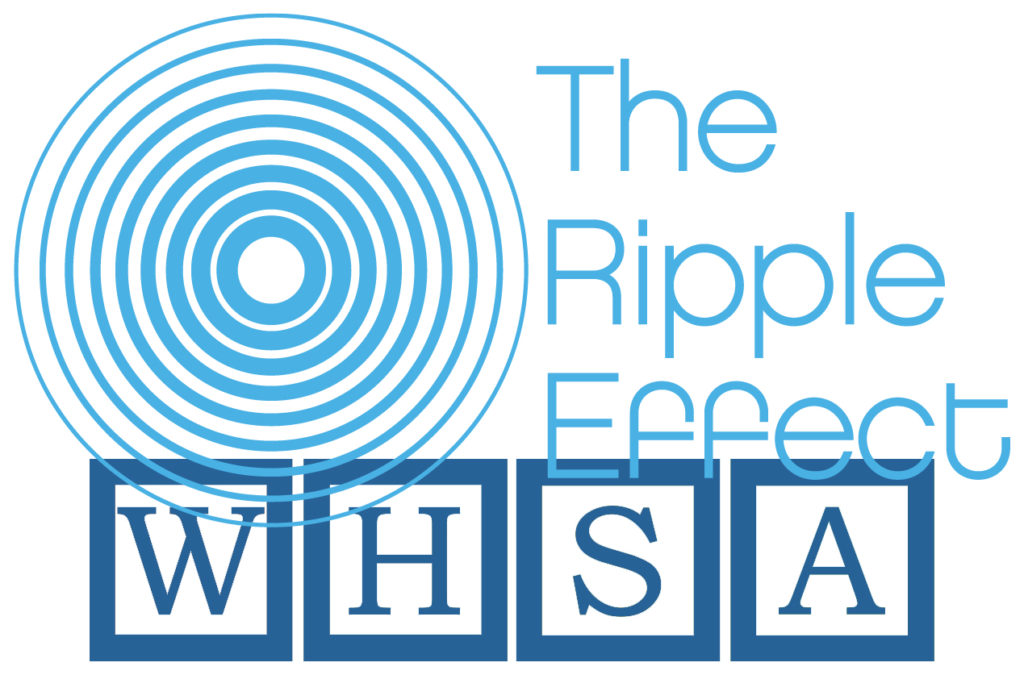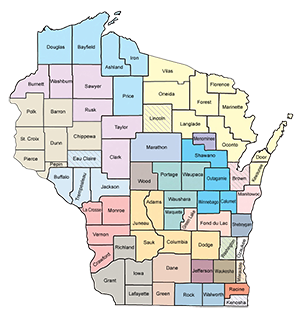The Ripple Effect: An Integrative Framework for Enhancing Trauma-Informed Practice Across Systems (Two-Day Workshop)
Description
This workshop presents an integrative framework for understanding and communicating across systems about how trauma can affect a child, a family, and a system. The framework was developed by Chandra Ghosh Ippen, Christopher Layne, and Bob Pynoos of the National Child Traumatic Stress Network (NCTSN) and is adapted from core trauma concepts identified and ratified by the NCTSN Core Curriculum on Childhood Trauma Task Force. The Ripple Effect translates complex trauma concepts using metaphor, visual models, common language, and rich case examples and shows: 1) the domains of functioning affected by trauma; 2) the mechanisms through which trauma affects development, and 3) intervention pathways. This workshop offers foundational trauma knowledge for providers learning about evidence-based trauma treatments and highlights ways to share trauma theory with family members and across systems (e.g. schools, child welfare workers, mental health, medical practitioners, police) as we work jointly to lessen the impact of trauma exposure.
Objectives
- Participants will be able to describe different patterns of responding to experiences of danger.
- Participants will be able to name at least 3 domains of functioning that may be affected by trauma.
- Participants will be able to name at least 2 core concepts related to the mechanism through which trauma affects development.
- Participants will become familiar with the C.O.PE.S. framework.
- Participants will be able to name two factors that may affect individual variability in response to a traumatic event.
- Participants will use the framework to identify at least three ways in which their current practice currently addresses the core trauma concepts.
- Participants will use the framework to identify 2 ways in which they may make changes in practice to further address core concepts.
Presenter

Chandra Ghosh Ippen is a child psychologist and award-winning children’s book author. She is Associate Director of the Child Trauma Research Program at the University of California, San Francisco, Director of Dissemination and Implementation for Child- Parent Psychotherapy, and a member of the board of directors of Zero to Three. She has spent the last 28 years conducting research, clinical work, and training in the area of childhood trauma and has co-authored over 20 publications on trauma and diversity- informed practice. Her children’s books include Once I Was Very Very Scared, Holdin Pott, You Weren’t With Me, Mama’s Waves, and the Trinka and Sam disaster series, which has reached over 350,000 families across the world.
She also has a lifetime mission to bake 1000 pies and a pie in all 50 states.
Learn more about Chandra here!
When/Where:
October 19-20, 2021
Virtual/Webinar
Event Fees:
$160 per participant
Intended Audience:
All Head Start/EHS ECE Professionals
Questions:
Contact Brian Stults at BrianS@whsaonline.org.
Agenda Day 1:
- 9:00-10:15 Introduction: Need for Trauma-Informed Systems
- Rationale for why across systems we need to think about and understand trauma
- Common definition of trauma: Wave metaphor
- Overview: how trauma affects development
- 10:15-10:30 Break
- 10:30-12:00 Connection between theory and intervention
- Developmental impact of trauma
- Understanding & Addressing Historical and Sociocultural Trauma
- 12:00-12:30 Lunch Break
- 12:30-2:00 Ripple Effect
- Four guiding spheres (overview)
- Lens Model: Understanding factors that shape perspective
- Resilience redefined
- Trauma Dynamics (Sphere) Introduction
- Core concepts for understanding how (the mechanism) for how trauma affects functioning
Agenda Day 2:
- 9:00-9:10 Reflections and Expansions
- Thoughts from yesterday
- Implications for practice and systems change
- 9:10-10:30 Trauma Dynamics Sphere (continued)
- C.O.PE.S. Sphere: From Concept to Practice
- Applying what we know about trauma dynamics into practice
- 10:30-10:45 Break
- 10: 45-12:00 Interconnected Web Sphere
- Understanding the impact of trauma on core domains of functioning
- Interactive exercise
- Impact of trauma on providers
- Recognizing and responding to vicarious trauma
- 12:00-12:30 Lunch
- 12:30-2:00 From Concept to Practice
- Intervening across systems to restore safety and regulation
- Trauma Dynamics (Return)
- Understanding variability in response to trauma
- Critical importance of trauma-informed systems
- Systems change plan
- Ending Reflections
- 2:00 END OF TRAINING



